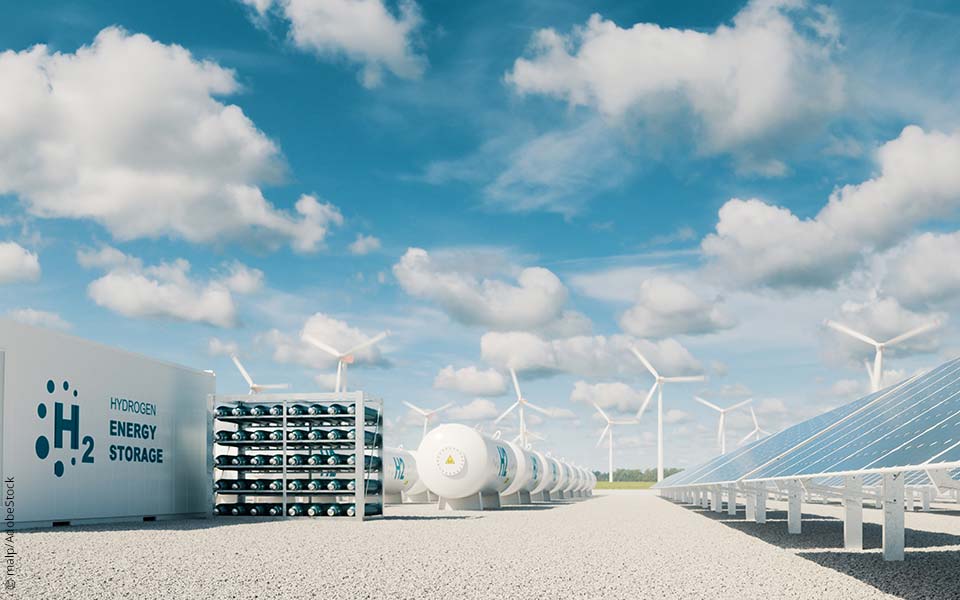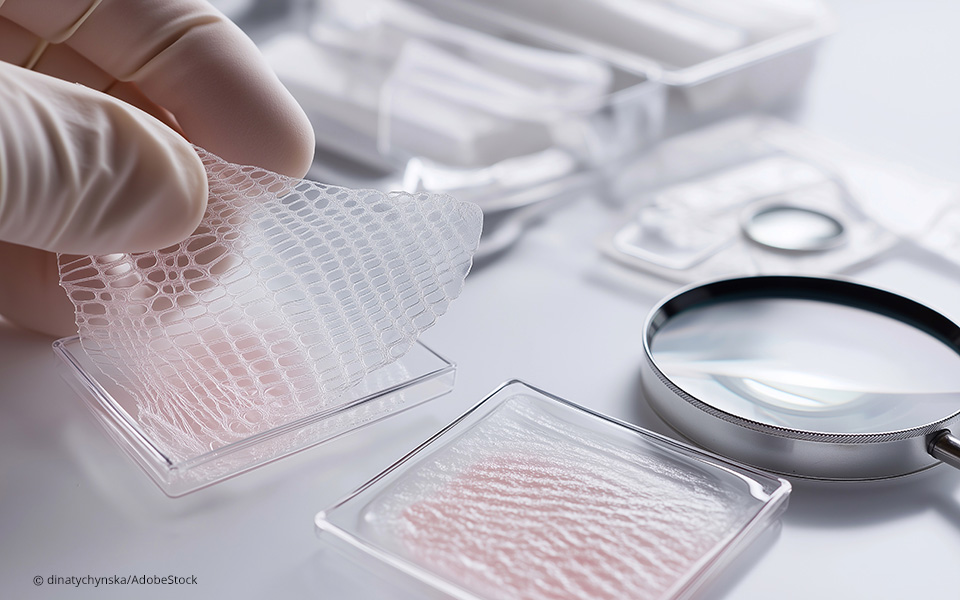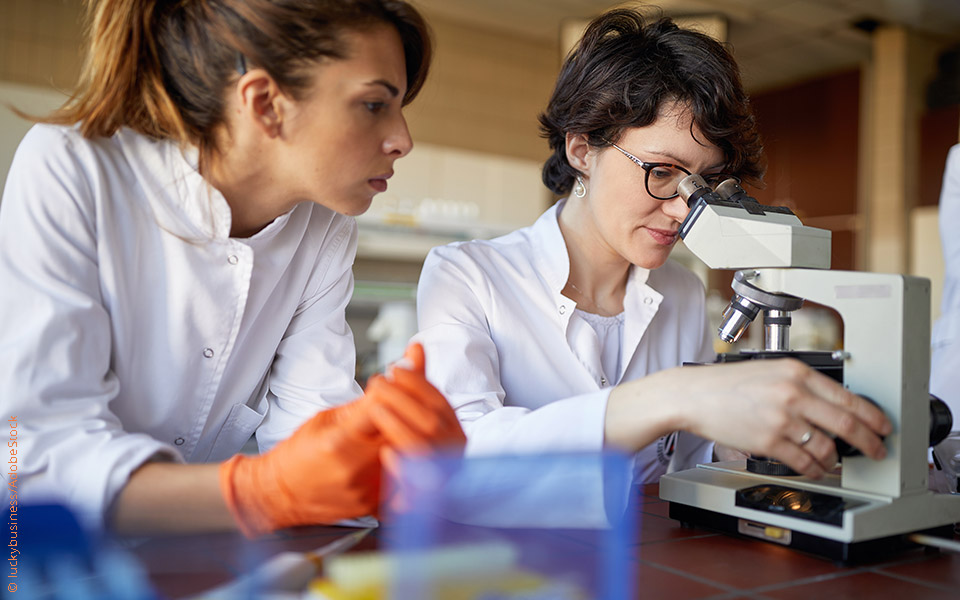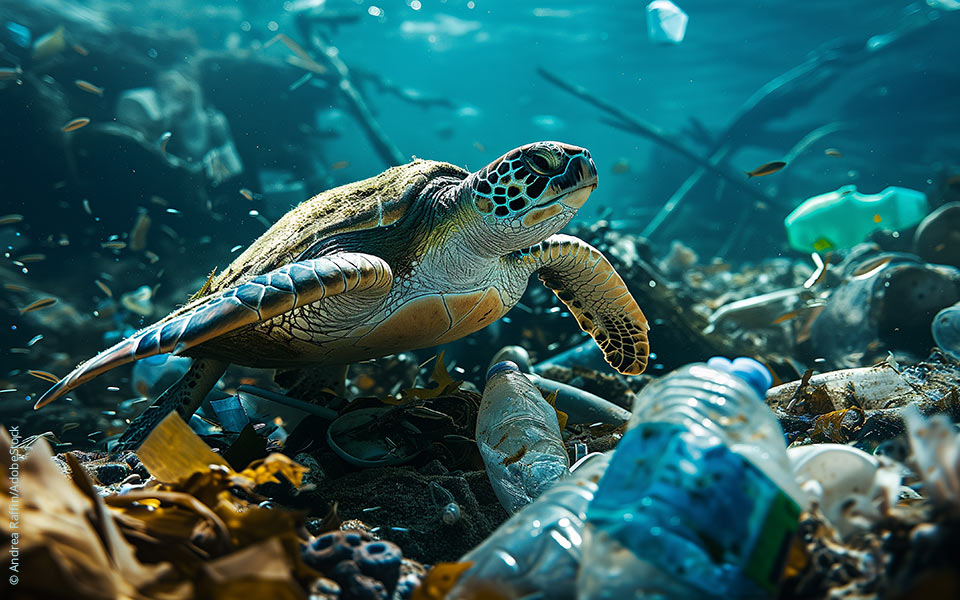
I’m Nicolas Kulig, currently completing my fourth semester of studying Clean Energy Processes, or CEP for short. CEP is a new study course at the Friedrich-Alexander-Universität in Erlangen, fully taught in English for both the master’s and the bachelor’s degree. The focus of the programme are different forms of Renewable Energies like solar power or wind power as well as any modern forms of chemical energy, like different fuel cells. These topics are first approached in a module called “Renewable Energies”, one of the modules specifically designed for CEP. It offers a first glimpse into the wide array of different energy source and storage possibilities. The main technology introduced here is Hydrogen as the energy carrier of the future, a point which is reinforced in every semester.
Fuel cells are introduced during the Electrochemistry lecture one semester later, a topic which is also extremely relevant for CEP students.
Other subjects in CEP are either just the basics like Math or Physics, or new combinations of more conventional courses like “Thermodynamics and Heat and Mass Transfer”, which gives a first look at power plants, their efficiencies and how to calculate them. The obvious difference in all lectures is the language spoken, but this is something that all of us Bachelor students prefer over our native tongue.
What all courses have in common is that they prove to be, for the most part, quite challenging. Naturally, the language plays a role, but the major difficulty of most classes is the complex and often fast-paced schedule. Especially lectures combining multiple courses are quite tough to master, since a lot of information is packed together in only a few lectures.
I personally enjoy learning in English and being part of an international- and future-oriented study programme. If someone is interested in these aspects, CEP is simply perfect for them.
All in all, it is a completely new, fresh, and modern study programme with an international orientation for anyone interested in the energy sector and the “green” future of our species.

Werkstoffwissenschaft: Die Geheimnisse der Phasenübergänge
Heute tauchen wir ein in die mysteriöse Welt der Phasenübergänge im festen Zustand. Fall 1: Die allotrope Umwandlung des SiO₂ Dieses unscheinbare Material – letztlich ist es Sand – hat eine dunkle Seite: Es kann seine Struktur verändern! Bei seiner allotropen...

Wie Inspirationen aus der Natur die Werkstoffwissenschaft revolutionieren
Die Natur ist wohl das beste Labor, das wir haben. In der Evolution hat sie Materialien hervorgebracht, die für bestimmte Anwendungen optimale Lösungen darstellen – und zwar sowohl hinsichtlich ihrer Eigenschaften als auch mit Blick auf ihre Umweltverträglichkeit....

Nachhaltigkeit studieren (Teil 8): Materialien und Nachhaltigkeit
Die omnipräsente Diskussion um Klimaerwärmung und die nötige Umstellung von fossile auf erneuerbare Energieträger hat ein weiteres Nachhaltigkeitsthema etwas in den Hintergrund treten lassen: Die begrenzte Verfügbarkeit von Materialien. Der Abbau und die Veredelung...

Nachhaltigkeit studieren (Teil 7): Nachhaltige biologische und chemische Technologien
Das Grenzgebiet zwischen Biologie, Chemie und Verfahrenstechnik erkunden die Studierenden des 2021 eingerichteten Bachelor-Studiengangs Nachhaltige biologische und chemische Technologien (NBCT) an der Westfälischen Hochschule in Recklinghausen. Sie sollen dabei...
